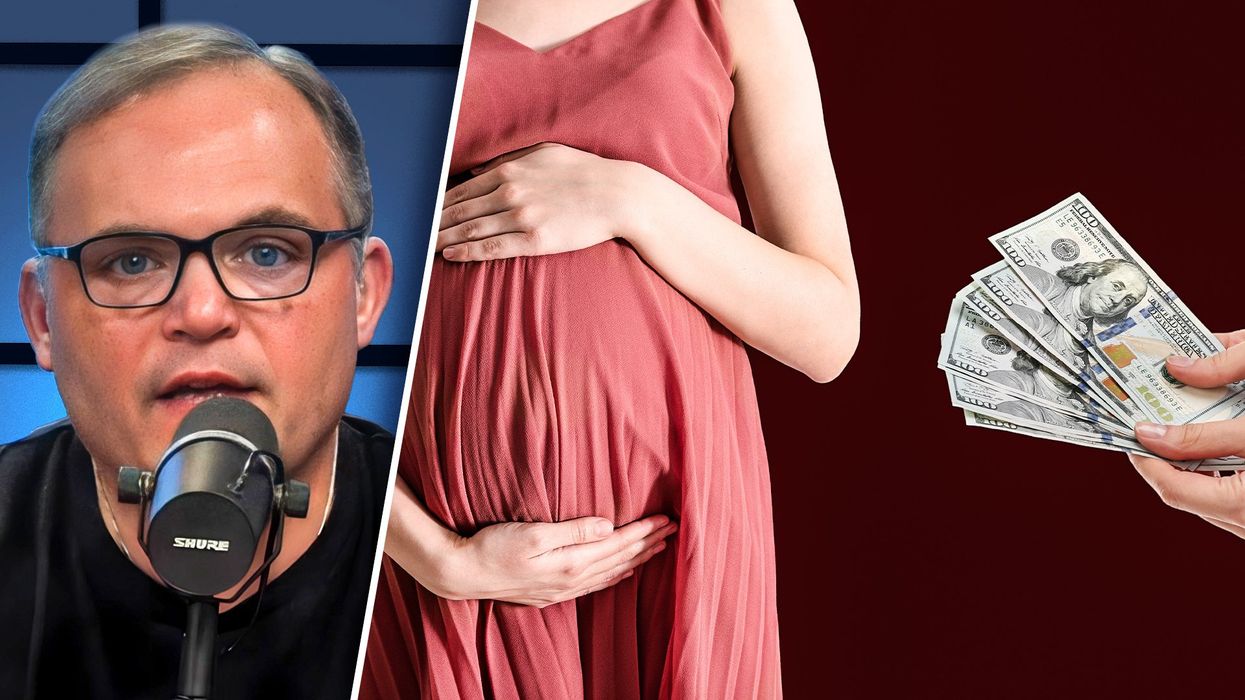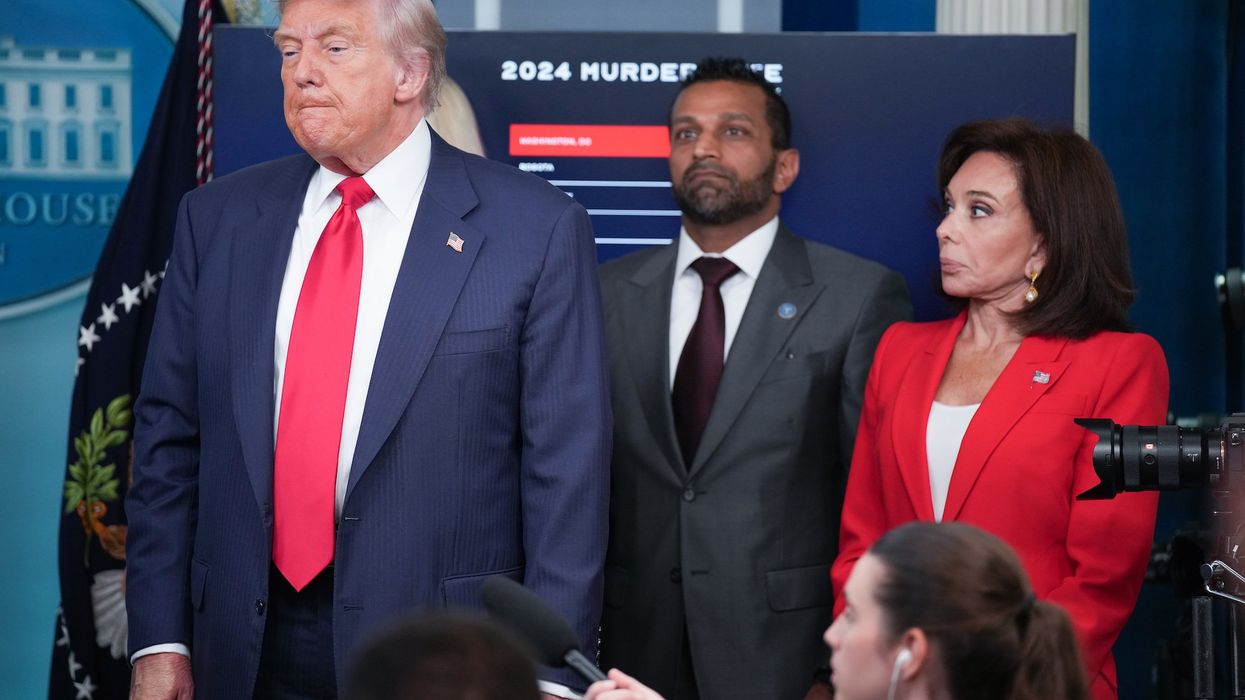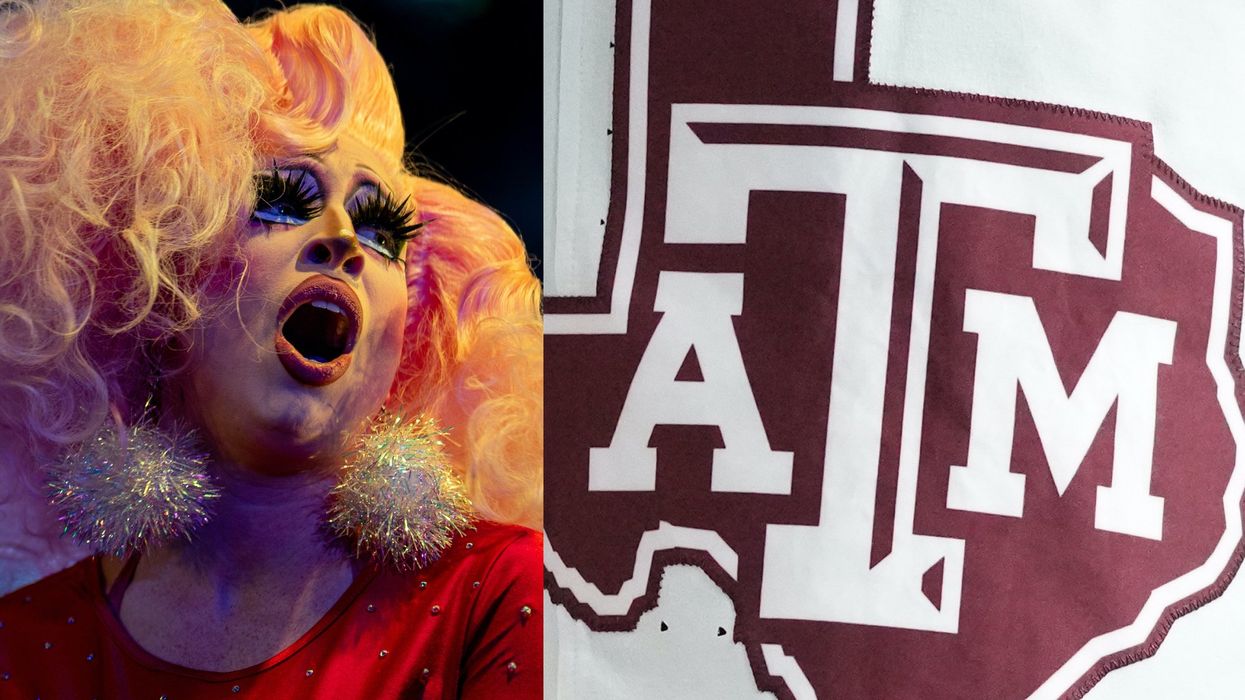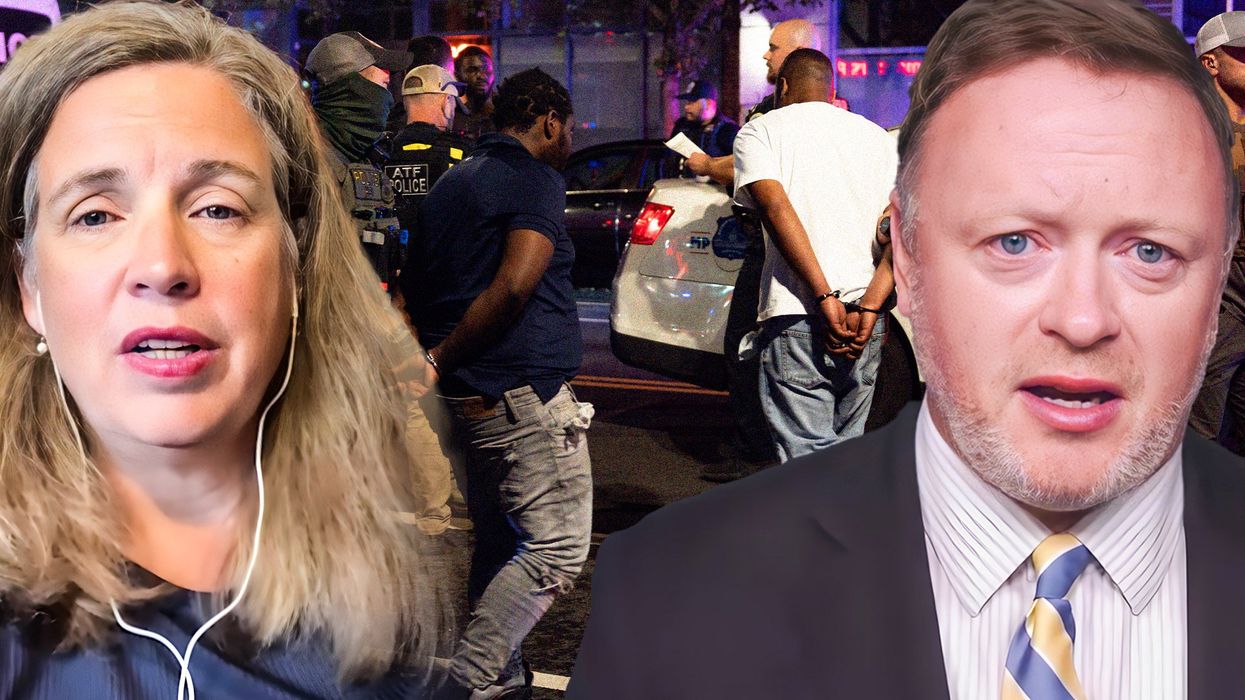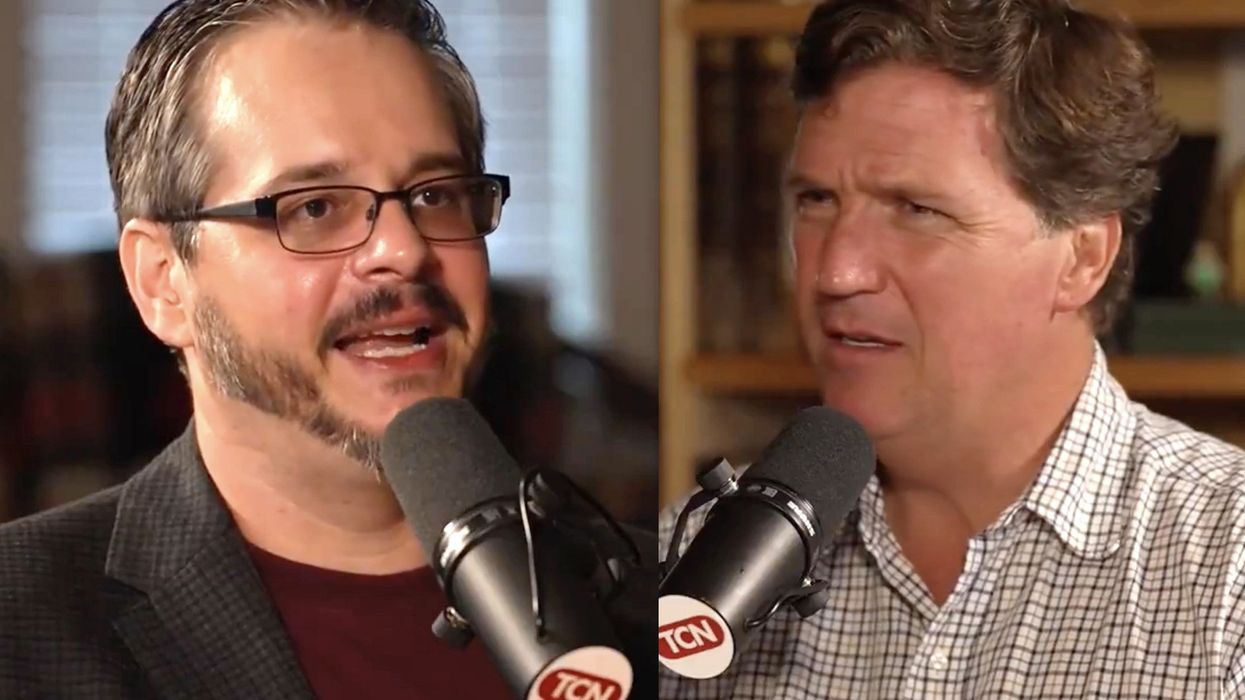
© 2025 Blaze Media LLC. All rights reserved.
[Editor’s note: The following is a cross post that originally appeared on CNBC.com]:
As the deadline for fiscal peril in the U.S. nears, Wall Street is worried that the impact could be much worse than anyone thought—while investors remain nearly oblivious to the danger.
Looming tax increases and spending cuts — which Federal Reserve Chairman Ben Bernanke has labeled the "fiscal cliff" — would send the economy into a deeper recession than many have predicted, according to economists at Bank of America Merrill Lynch.
At the same time, fund managers the firm surveyed believe investors are far too optimistic that warring Washington factions can get together to take the steps necessary to prevent the economy from going over the cliff—at least temporarily.
Some 72 percent of respondents believe investors have yet to price in the ramifications—a view that is spreading across Wall Street as time winds down for a solution.
"The fiscal cliff impacts the economy both by creating uncertainty and by imposing austerity," Ethan Harris, BofA's North American economist, said in a report. "If we go over the cliff for an extended period of time, a recession is likely."
He later added, "One reason we remain cautious on equities for the next few months is the likelihood for heightened volatility and the potential for a near-term correction amid the risks posed by the US presidential election and the fiscal cliff."
The election between President Barack Obama and Republican challenger Mitt Romney is frequently cited as a market risk, but the fiscal cliff has been less emphasized.
The cliff entails spending on unemployment benefits, a payroll tax and the Bush-era tax cuts that, if left to expire, would slice already-weak U.S. growth even further.
As far as stock market performance BofA is fairly optimistic, with a 1,450 price target on the Standard & Poor's 500 through year's end and a 1,600 target for 2013.
But the firm said that if a political stalemate takes hold, the broad stock market gauge could tumble all the way to 1,000 in the near term and could slide to 1,250 if even a short-term impasse would develop.
The CBO now projects the economy to contract 1.3 percent in the first half before growing 2.3 percent in the second half, after the cliff issues dissipate.
Normally bullish JPMorgan recently cut back its estimates for growth, primarily based on its belief that if nothing else the payroll tax holiday — agreed to in 2010 and frequently touted by Obama as a middle-class tax cut — is unlikely to survive the congressional battles.
The firm now projects gross domestic product to grow just 2.0 percent in the fourth quarter then fall to 1.0, 1.5 and 2.5 percent in the ensuing quarters. Fallout from the cliff impasse will cut 1 percentage point from growth, according to JPMorgan economist Michael Feroli.
"We are no longer of the belief that the payroll tax holiday will be extended," Feroli said. "That change alone is worth over half a percent on GDP growth next year."
Feroli calls the Bush tax cuts "the big kahuna in the fiscal cliff considerations" and anticipates they will be extended, though the top tier cut could go away with an Obama victory. He also figures the extended unemployment benefits, at 99 weeks for the 12 million the Labor Department counts as jobless, will be continued "albeit with somewhat reduced generosity."
But he notes the dangers involved in betting on Washington.
"Our expectations regarding other parts of the fiscal cliff remain unchanged — though obviously are held with little confidence given the unsettled situation in Washington," Feroli said.
To be sure, the belief continues in some quarters that the cliff does not pose so great a danger.
Indeed, the BofA managers in the survey still think the market bias is for the "risk-on" trade — with the market rising higher — in spite of the political dangers looming. A net of 24 percent say they are overweight stocks, up from 15 percent net in September.
In fact, strategists at Credit Suisse sound like former President Franklin Delano Roosevelt in opining that the fear of the cliff is worse than the cliff itself.
"There has not only been a fall in corporate confidence while consumer confidence has risen, but durable goods orders have reflected the weakness in CEO business confidence," Andrew Garthwaite, global equity strategist at Credit Suisse, said in a note. "So ironically the fear of the fiscal cliff may be as damaging to growth as the actuality of fiscal policy."
© 2012 CNBC.com, Jeff Cox
--
RELATED:
- What Might Happen if Congress Actually Resolved ‘Fiscal Cliff’
- US Nears Fiscal Disaster: ‘Washington Doing Nothing’
- Is There A Housing Shortage?
- CNBC’s Ego Trip: Obama, Romney, Google or Armstrong?
Front page photo courtesy shutterstock.com
Want to leave a tip?
We answer to you. Help keep our content free of advertisers and big tech censorship by leaving a tip today.
Want to join the conversation?
Already a subscriber?
more stories
Sign up for the Blaze newsletter
By signing up, you agree to our Privacy Policy and Terms of Use, and agree to receive content that may sometimes include advertisements. You may opt out at any time.
Related Content
© 2025 Blaze Media LLC. All rights reserved.
Get the stories that matter most delivered directly to your inbox.
By signing up, you agree to our Privacy Policy and Terms of Use, and agree to receive content that may sometimes include advertisements. You may opt out at any time.
